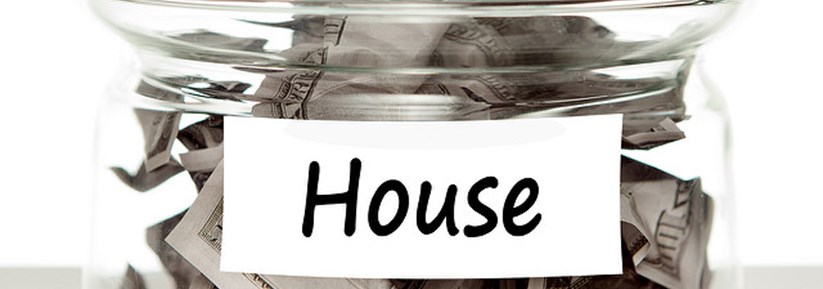Are You Really Ready to Buy a Home?

Buying a home will be one of the largest financial decisions of your life. But how do you know whether you’re ready to take the plunge?
Making the jump from full-time tenant to homeowner will be one of the most exciting decisions of your life. But it’s also a big one – not only for your future, but also for your finances.
Affordability should be the number one consideration you look for in a home, although being sure you’re ready to make the commitment and settle down for at least the next decade is also very important.
Before taking further steps, make sure you’re up to speed in the right areas.
Costs
The costs of a new home stretch well beyond an initial deposit payment. You will need to take into consideration the surveyor’s fees, solicitor’s fees, removals costs and Stamp Duty. On top of this there are utility bills, renovation costs, emergency maintenance … the list goes on.
All these charges can end up adding hundreds to your monthly payments, so remember to be cautious.
How are your finances?
Are you in a strong enough financial position to make the purchase?
Before considering homeownership, it’s essential to check your credit score, which can be done through a number of free sites such as Experian. Having a good score can mean significantly lower monthly mortgage payments.
When you apply for a mortgage, you'll be asked about everything you owe – from money you’ve borrowed for a car or your student loans to credit card debt. While it's fine to have some debt, if you owe a significant enough amount it could hinder your ability to buy a house at all.
Your total living expenditure for your new home should not equal more than around a third of your current budget, and you should also have three to six months’ worth of savings tucked away in case of emergency.
Have you got enough for a deposit?
A deposit on your first home is likely to be the largest investment you’ve ever made, and you should be aiming to put down at least 10%; but ideally, you’d be able to put down 20%.
In the long run, the more money you can deposit, the lower your monthly mortgage payments will be. Over the life of a mortgage, this could save you a huge amount of money.
Are you ready to settle down?
It’s important to consider your housing options in the context of your future plans. For example, you should only buy if you plan on being in your home for at least five years, possibly even the next 10.
If you want to buy a home without a 10-year plan, choose one that is priced much lower than the maximum you can afford. You'll have to be able to afford to take a hit if you have to sell it quickly.
You’ll also need to factor in your career options – if you’ve only just started a new job, you could struggle to secure a mortgage, and if your work is highly unstable, you’ll need to think about how you would make the monthly payments were you to lose your income.